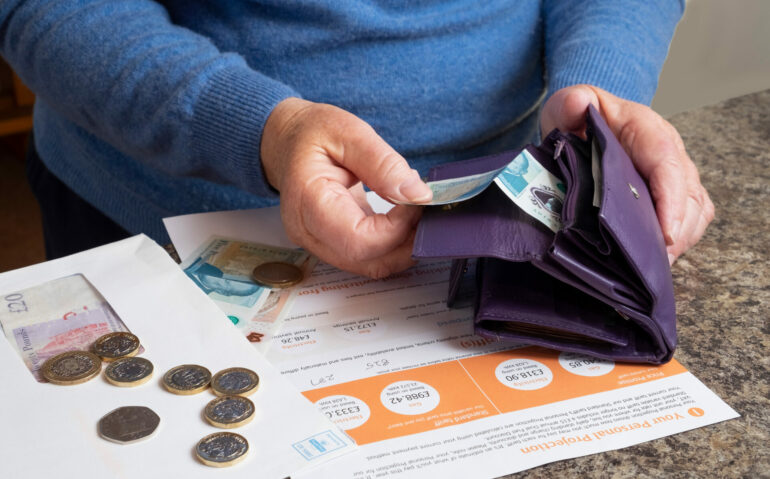In a recent survey conducted by Opinium for Hargreaves Lansdown, two in five people, or 40%, revealed that they have encountered unexpected expenses in the past year. The average cost of these unplanned outlays reached £1,851, an increase of £394 from the previous year.
Unexpected expenses were most common among younger age groups, with nearly half (49%) of 18 to 34-year-olds reporting such incidents.
Half of those surveyed were able to cover at least a portion of these costs using their savings, marking a decline from 54% in the previous year. Meanwhile, 21% managed to use their income to pay for these unexpected expenses.
Turning to borrowing options, the survey found that 16% of the respondents borrowed money from family and friends, making it the most popular borrowing route. Additionally, 13% used an interest-bearing credit card, 9% dipped into their overdraft, 9% turned to Buy Now Pay Later schemes, 7% took out a loan, and 5% opted for a payday loan.
The data showed a discrepancy in the use of financial fallbacks based on age. Those aged 55 and over were significantly more likely to use their savings to cover unexpected costs, with 71% doing so. In contrast, those aged 18-34 were more likely to resort to using an interest-bearing credit card (17%) or an overdraft (13%).
Commenting on the findings, Sarah Coles, head of personal finance at Hargreaves Lansdown, said: “It may feel like we’ve been blindsided by horrible surprises all year, but the proportion of people facing an unexpected expense has remained at two in five. The problem is that these expenses are much higher than we’ve seen before – and they’re forcing us to borrow.”
Coles noted that it’s essential for individuals of working age to aim for an emergency savings safety net of 3-6 months’ worth of essential spending, which can be held in an easy-access savings account for emergencies. In retirement, the recommended minimum savings increase to 1-3 years’ worth of essential spending.



